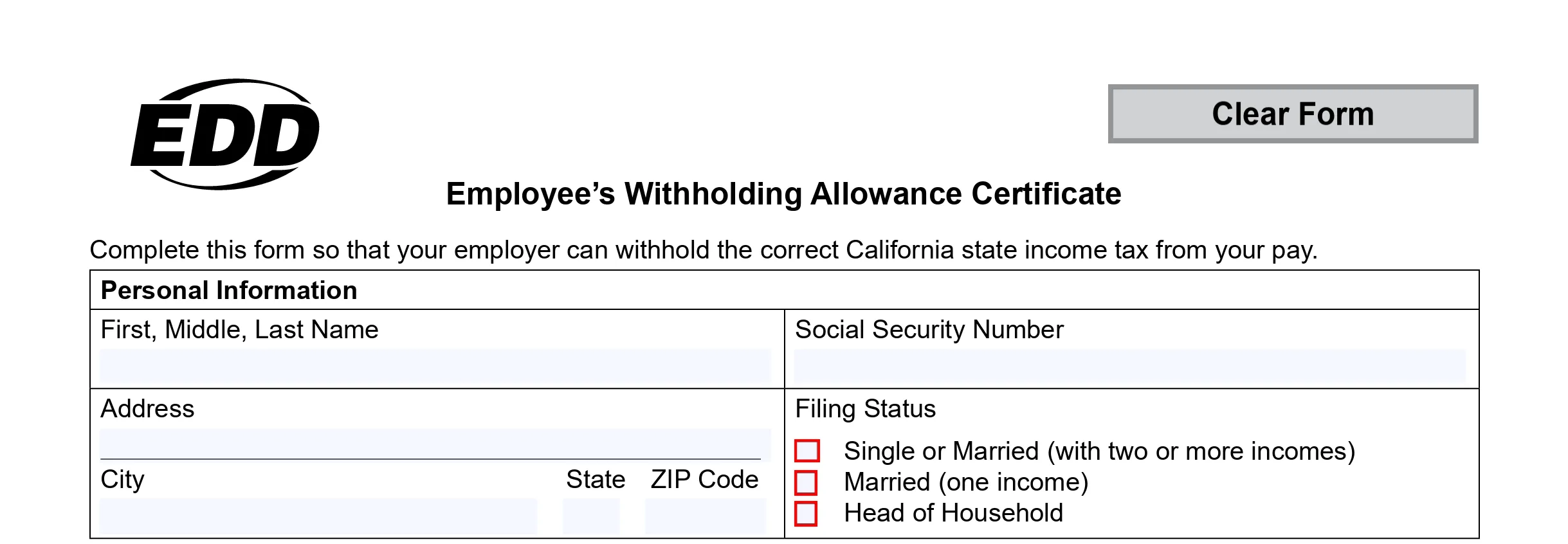The Importance of Organizing Client Trust Accounts and How Bookkeeping Services Can Help
Managing client trust accounts is a critical aspect of running a law firm, and it’s crucial to do it right to ensure compliance, and transparency, and avoid legal risks. Improper handling of client funds can result in serious consequences, including disciplinary action from bar associations, penalties, and even loss of professional license. In this blog, we will explore the importance of separating client funds from operating funds, common issues that arise with client trust accounts, and how bookkeeping services can help law firms stay compliant.

How Client Trust Accounts Differ from Operating Accounts
Client trust accounts, also known as IOLTA (Interest on Lawyer Trust Accounts), are a separate type of account that lawyers use to hold client funds. These funds belong to the clients and are not part of the law firm’s operational money. The primary distinction between a client trust account and an operating account is ownership.
In a client trust account, funds belong to the client, and the law firm is simply holding them in trust until they are needed for specific legal services. In contrast, the operating account contains the firm’s business funds, used to pay salaries, rent, utilities, and other expenses.
It is absolutely essential that law firms keep these accounts separate to avoid commingling client funds with firm funds, which can lead to ethical violations and compliance issues.
Common Issues with Trust Accounts and How They Can Lead to Compliance Problems
1. Commingling Funds: One of the most common mistakes law firms make is mixing client funds with business funds. This violates professional and ethical standards, and if discovered, can result in disciplinary action and financial penalties.
2. Improper Withdrawal of Funds: Lawyers must withdraw funds from client trust accounts only when they are earned (for example, after billing for services rendered). Withdrawing funds prematurely, or using them for purposes not related to client work, can result in serious legal and compliance issues.
3. Failure to Keep Accurate Records: Many law firms struggle with maintaining organized and accurate records of client trust funds. Missing or incorrect records can result in confusion, failed audits, and legal liability. Trust account balances must be accurately reconciled on a regular basis to prevent mistakes.
4. Not Following IOLTA Regulations: Many jurisdictions require that client trust accounts be managed according to specific regulations, such as IOLTA rules. Failing to comply with IOLTA regulations can result in fines, audits, or the suspension of a law firm’s license to practice.
The Role of Bookkeeping Services in Maintaining Proper Client Trust Accounting
Bookkeeping services for law firms are integral to keeping client trust accounts compliant and organized. By outsourcing bookkeeping, law firms can ensure that their financial practices are aligned with industry regulations, and they can avoid costly mistakes.
Here’s how professional bookkeeping services can help law firms:
• Accurate and Detailed Record-Keeping: Professional bookkeepers ensure that all client trust account transactions are documented and reconciled properly. This ensures transparency, accuracy, and compliance with IOLTA regulations.
• Regular Reconciliation: A bookkeeper will regularly reconcile the trust account to make sure that the funds match the records, and the correct amounts are available to clients when needed. This avoids discrepancies that could lead to penalties or fines.
• Timely Reporting: Bookkeepers can provide regular reports that keep law firm management updated on the status of client trust accounts, ensuring that any potential issues are addressed promptly.
• Minimizing Errors: By relying on bookkeeping services, law firms can significantly reduce human errors that may occur when managing trust accounts, ensuring all payments, fees, and distributions are handled correctly.

Practical Steps to Ensure Your Law Firm Is Compliant with IOLTA Regulations
To ensure your law firm remains compliant with IOLTA regulations and avoids costly mistakes, follow these steps:
1. Separate Client Funds from Firm Funds: Always use separate bank accounts for client trust funds and operational funds to avoid commingling. Make sure there is no overlap between the two.
2. Track and Document All Transactions: Keep detailed records of every transaction in the client trust account, including deposits, withdrawals, and transfers. Documentation should include receipts, invoices, and client authorizations.
3. Reconcile Trust Accounts Regularly: Ensure that client trust accounts are reconciled on a regular basis, such as monthly or quarterly. This will help catch discrepancies early and maintain accurate financial records.
4. Train Staff on Trust Account Management: Make sure that everyone involved in managing client trust accounts understands IOLTA regulations and the importance of proper handling of client funds.
5. Seek Professional Help: If you find it challenging to manage trust accounts, consider outsourcing bookkeeping services. Professional bookkeepers are familiar with the nuances of IOLTA compliance and can help keep your trust accounts in good standing.
Conclusion
Maintaining an organized and compliant client trust account system is critical for law firms to avoid audits, penalties, and legal issues. By staying on top of client fund management, maintaining accurate records, and using professional bookkeeping services, law firms can reduce risk and stay compliant with IOLTA regulations. Ensuring transparency and proper handling of client funds is not just about compliance—it’s about building trust with your clients and operating your firm ethically and professionally.
Disclaimer: This blog is for informational purposes only and should not be considered tax advice. Consult with a qualified tax professional or advisor for personalized guidance based on your specific situation.
Reach out to us today at [email protected], and let's work together to optimize your tax situation and financial well-being. Your journey towards a more tax-efficient future starts here.



